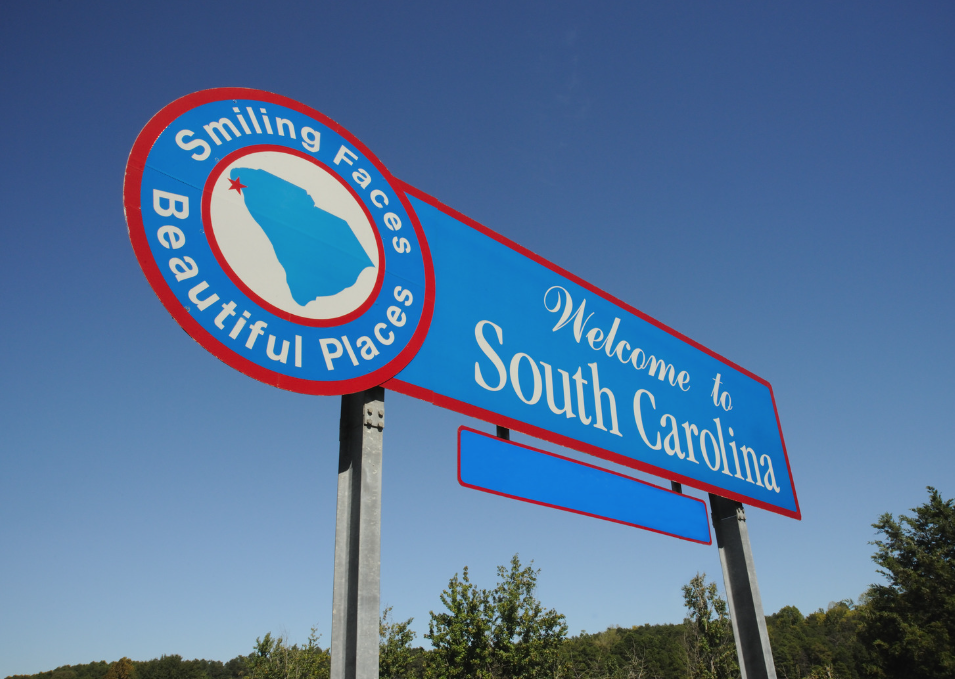It’s notoriously difficult to open an addiction treatment center in South Carolina. But what about a sober living home (aka recovery residence)? Are those tough to open, as well?
Today we will cover all the frequently asked questions we encounter from operators who are considering opening a sober living in sunny South Carolina. Read on for our answers and don’t hesitate to reach out if your question about opening a South Carolina sober living home isn’t answered here.
Are sober living homes in South Carolina required to seek certification, registration or licensing?
No. There is no state law on the books that requires sober living homes to seek certification nor is there any state-sanctioned or state-sponsored mechanism for certification of sober living homes in South Carolina.
Will regulation come to South Carolina sober living homes soon?
Likely, yes.
HB3997 is currently “in committee” in the South Carolina House of Representatives. This bill amends the Code of Laws of South Carolina and makes provision for a voluntary certification program for sober living homes in the state. This legislation would make certification a condition of eligibility for state-sponsored referrals and state-sponsored funding. If your home will not seek state referrals or state funding, then certification will still be optional, even if this bill is passed.
Some new sources have stated that this bill is already the law in the state of South Carolina, but that is technically incorrect. This emerging legislation has not yet taken effect. It has not yet passed or been ratified into law or made into an “act.” It’s likely to take effect soon, however. You can track bill progress in real time here.
Who will be the “certifying body” for sober living home certification in South Carolina?
It’s highly likely that the state will choose the South Carolina Alliance for Recovery Residences as the functional state certifying mechanism for recovery homes.
SCARR is the local NARR affiliate in South Carolina. While the South Carolina Department of Alcohol and Other Drug Abuse Services might technically grant the certifications, it is likely that SCARR will handle all application processing, review and physical inspections. Many states are following the model because NARR’s reputation for sound ethical standards makes it easy for state governments to use their existing model rather than reinvent the wheel.
Is there a need for more sober living facilities in South Carolina?
Yes. The state is experiencing a shortage of quality sober living homes.
The CDC reports well over 1700 overdose deaths every year in South Carolina. The average age of the deceased is 34 years old. Quality recovery residences are proven to reduce the risk of relapse for people in early recovery, which is often a dangerous time with a higher than average risk of overdose. Underserved populations, like women, LGBTQIA people and people of color, also struggle to find appropriate facilities in South Carolina. It’s been well documented, for example, that South Carolina doesn’t have enough facilities that cater to women in recovery.
How “sober living-friendly” is South Carolina? Are the courts consistently fair to sober living home operators?
South Carolina’s “sober living-friendly” record is spotty. South Carolina’s courts have ruled inconsistently on zoning ordinances that municipalities have leveraged against sober living facilities in the state.
For example, according to the Municipal Association of South Carolina, some courts back city efforts to hold sober living homes accountable to limits on the number of unrelated individuals living in single family housing. Others have ruled that this is discriminatory. Municipal distance requirements are another type of regulation that courts have been inconsistent about enforcing in South Carolina.
Considering Opening a Recovery Residence in South Carolina? We Can Make the Process Painless.
Sober Living App makes it easier - and more profitable - to operate sober living homes.
Our all-in-one app handles rent collection, admissions, property management, residents’ care coordination, community contacts, transportation details, calendars, staff, alumni and more - all from the convenience of your phone.
Claim your free trial today and see why more sober living homes prefer the Sober Living App.






